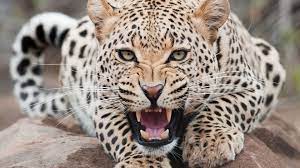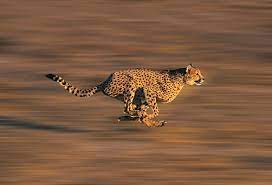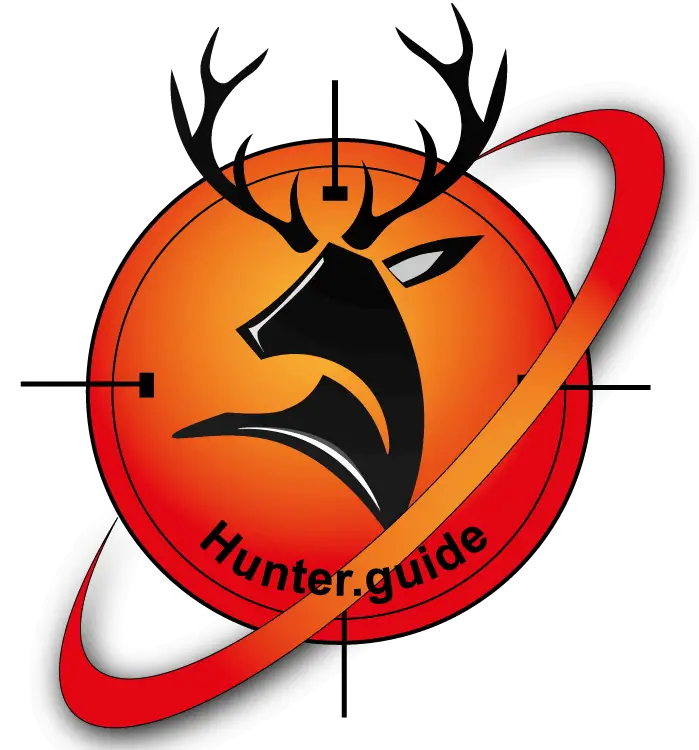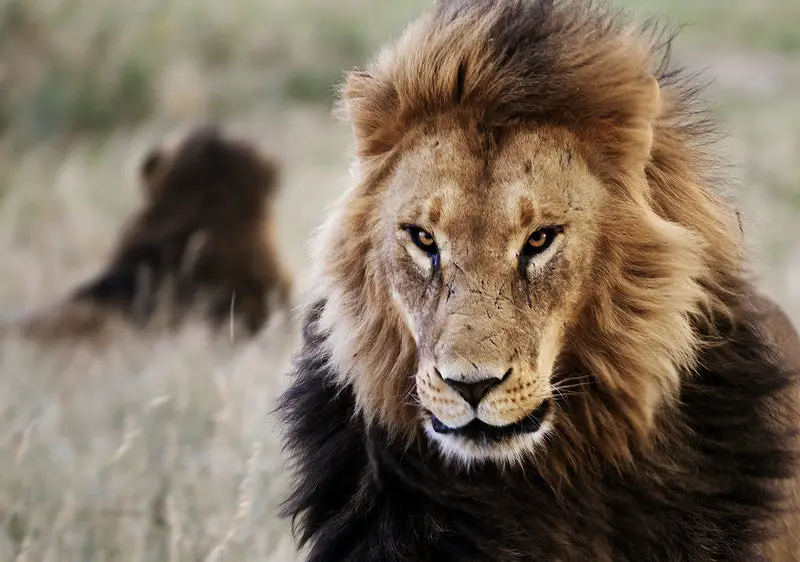Last Updated on May 13, 2023 by
Hunting big cats in Africa is the ultimate dream for many trophy hunters, but there are rules, risks, and careful planning that needs to be adhered to before you can embark on this journey.
African Cats – Where to Find and Hunt Them
National Parks
There are few places except national parks in Southern Africa. where free-ranging lions can still be found. Conservancies in Zimbabwe, Namibia, and Zambia hold viable lion populations. Only through extensive anti-poaching programs and proper management are the lions protected. privately owned game reserves who follow the same basic principles as the conservancies have a lot of success in the management of small prides of lions as well.
Tracking Game
There is something extra special to hunting in an area where following Blue Wildebeest tracks and there are lion tracks superimposed on their tracks. Or following the tracks of a huge Eland bull in thick Mopani brush and hearing a big animal run away. readying your rifle to take the shot when it appears in a gap. and seeing a huge magnificent tawny yellow-maned lion instead of the Eland bull. We were both after the same prey. It’s a very primal feeling which makes one realize how powerful these big cats are.
My client and I were hunting on an eighty thousand-acre private reserve in the far north of South Africa near the Limpopo river. We were hunting for a Kudu and it was about nine o’clock in the morning when we approached a little spring. The wind was in our faces and we were walking very slowly on a game trail. We were moving up a small hill when we heard Kudu’s bark their very distinctive alarm call barks. and before we crested the hill all hell broke loose on the other side. Baboons were yelling, barking, and hurling abuse at something in the little valley where the spring was.
I knew from the way the baboon was going crazy that there must be a predator very close by. I told my tracker and client that we must go on all fours and crawl to the crest of the hill and have a look at what all the fuss was about.
Hunter Becomes The Hunted
I took the lead and started crawling, after about fifty meters or so. I paused and looked around for a suitable cover to sit behind. when a movement to my left caught my eye, at first I could not comprehend what I was seeing. A fully grown lioness was coming at me, her belly almost flat to the ground, cruel intent and my death in her eyes.
Luckily for me, my rifle was already in my right hand, I only had time to bring the rifle up to my shoulder and shoot. I cannot say that I aimed there, but the 300 grain Hornady soft from my .375 H&H hit her under the chin and she dropped and rolled head over heels. When the dust settled, everything came back to real speed. (as if felt like those few seconds happened in slow motion), I was standing on my knees with the rifle reloaded. I could touch the tip of her tail with the end of the barrel.
The owners of the property were not happy that I shot the lioness, but after an investigation, it was concluded that I had no other choice but to shoot the lioness in self-defense and also to protect my international client and my tracker. The lioness must have thought that we were another couple of baboons when we were crawling through the bush and that is why she attacked.
Normally a lion would avoid contact with humans in the daytime. but once the sun sets it becomes a completely different animal. At night a lion becomes bold and almost arrogant. Many a night lions have walked through or within spitting distance of our camp. Thirty to forty years ago a lot of lions were hunted because they killed livestock, and were considered problem animals.
The three big cats in Africa
Trophy hunting of lions was never a problem until the Asian markets demanded lion bone, fat, teeth, etc. This opened up a huge market for these products and caused mass poaching of the proud and magnificent animals. Poachers have no qualms about killing any lion they can find, irrespective of the lion’s age or sex. Lion numbers have dwindled and very few trophies, free-ranging, lions are available today. Captive-bred lions can still be hunted, but I will not go into that in detail.
Leopards

On the other hand, according to my own observations. The Leopard population in South Africa has definitely increased. I mention again that thirty to forty years ago. a big cat that posed a threat to the livelihood of the cattle farmer was deemed a problem animal and it was killed. Those years there were a lot of cattle farms in South Africa. Nowadays most of those big ranches have converted to game farms and protected areas for wildlife.
This resulted in a lot more natural prey for Leopards and their numbers are climbing. On every game farm where I have hunted, where the habitat is suitable and game species plentiful, Leopard spoor is abundant. Unfortunately in the last couple of years, no permits were issued to be able to hunt Leopard legally in South Africa.
Game farmers who farm valuable species like Roan and Sable Antelope. suffer huge financial income loss and very valuable genetics due to Leopard predation. This leads again to farmers having to sort out the problem by killing the problem animal. If the Leopard could have been hunted legally. the farm could have had some funds to replace his lost animals or reinvest the funds into his farm. All farmers I have talked to say that they would be much more lenient towards problem Leopards on their properties if they could be hunted legally. Hunting is Conservancy in my books.
Cheetahs

The last but not the least impressive big cat found in Southern Africa is the Cheetah. They are protected in most countries in Southern Africa, and only a very small percentage are available to hunt under very strict control.
Cheetah is so very protected due to the human factor. As humans push in on their preferred habitat, the cheetahs kept moving on and their numbers dwindled to near extinction.
The big cats of Africa are special and each extraordinary in their own right. Nothing tells you that you are in Africa like the sound of a lion roaring or a Leopard rasping, at night.


